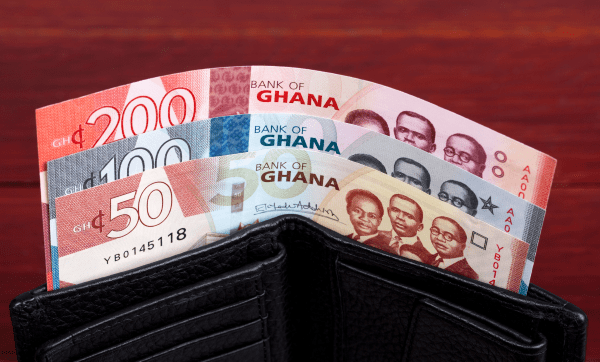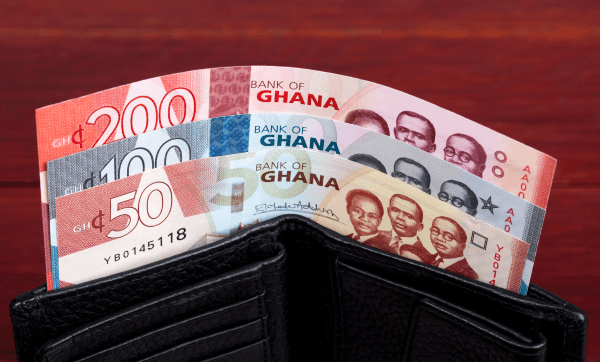

Ghana’s foreign exchange system is showing signs of significant strain, with a growing disparity between official and market currency rates, according to a new policy brief by IMANI Africa.
The think tank’s analysis suggests the current exchange rate mechanism may be masking deeper economic vulnerabilities rather than addressing them.
The report highlights a concerning gap between the Bank of Ghana’s official interbank rate and actual transaction rates in the market. While the central bank maintains an official rate around GH¢12.80 to the dollar, evidence suggests many businesses access dollars at rates exceeding GH¢14. This discrepancy creates a two-tier system that distorts market operations and pushes some transactions into informal channels.
IMANI’s research indicates Ghana’s currency challenges stem from fundamental structural issues in the economy. The country remains heavily dependent on raw commodity exports, with cocoa, gold, and cashew accounting for over 80% of export earnings. This reliance on unprocessed goods leaves the economy vulnerable to price fluctuations and limits potential value addition that could strengthen the cedi.
The policy brief calls for comprehensive reforms to enhance productivity and diversify Ghana’s export base. Recommendations include increased investment in agricultural mechanization, industrial development, and skills training to move production up the value chain. The report emphasizes that lasting currency stability requires building economic capacity rather than managing exchange rates.
Transparency in industrial policy implementation emerges as another key concern. The brief references several government-supported initiatives where performance data remains unavailable for public scrutiny. IMANI argues this lack of accountability makes it difficult to assess program effectiveness or make necessary adjustments to economic strategies.
The Mahama administration faces growing pressure to address these structural challenges as businesses struggle with currency access. With the next election scheduled for 2028, the government’s ability to implement meaningful economic reforms could significantly influence Ghana’s medium-term financial stability.
